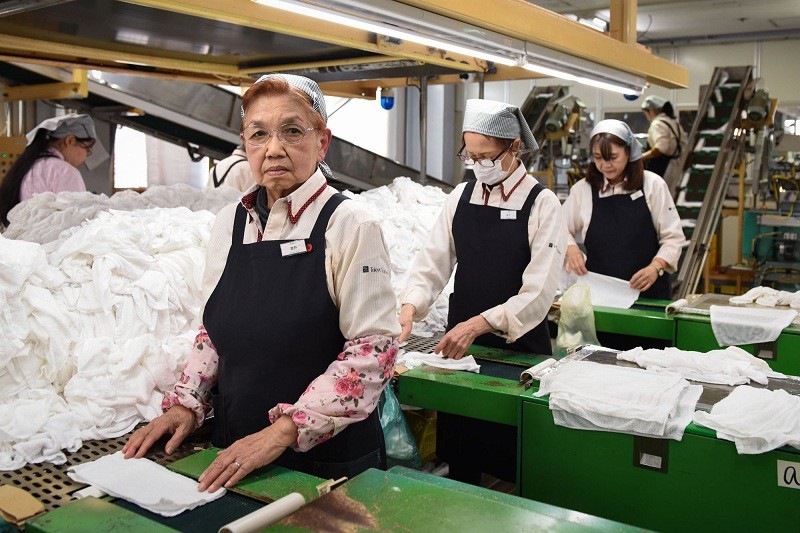 |
| Mikiko Kuzuno, 75, works at a laundry and packaging company that supplies handkerchiefs to restaurants operated by Tokyo Suzuran KK in Warabi, Saitama Prefecture. (Source: Bloomberg) |
Solving the problem of labor shortage
Japan's business community is offering benefits to encourage employees over 60 to stay on the job longer and ease labor shortages.
Starting in April 2024, Sumitomo Chemical will gradually raise its retirement age from the current 60 to 65. This will apply to unionized employees in a variety of jobs, including sales, production, and professional positions. Annual salaries will remain the same as before employees turn 60.
Previously, Sumitomo Chemical allowed people aged 60 and over to reapply for jobs but with salaries that were only 40% to 50% of what they had before. With the upcoming change, salaries for this age group will roughly double.
Currently, Sumitomo Chemical has 3% of employees over 60 years old. It is predicted that this ratio will increase to 17% within the next ten years.
“Recruiting talent is not easy, and we need to make use of the abilities of seniors,” said a human resources manager at Sumitomo Chemical. The issue has become part of the negotiation between labor and management.
Apple supplier Murata Manufacturing will allow employees to retire between the ages of 60 and 64 and reform the pay scale for those 60 and older.
The move is driven by a shifting labor market. The cohort of workers recruited in the 1990s — just before the bubble economy ended — is approaching the standard retirement age of 60, raising concerns about a worsening labor shortage.
The working-age population under 60 is on a downward trend. Recruit Works Institute predicts that Japan will have a shortage of 11 million workers by 2040.
Retaining older workers is seen as a way to ease the pressure. According to Japan's Ministry of Internal Affairs and Communications, in 2022, there will be 14.54 million people aged 60 and over still working in the country, accounting for 21.6% of the employed population.
The labor force participation rate for people aged 65 to 69 has increased by about 14 percentage points over the past decade to 50.8 percent, with the rate expected to rise further.
The restaurant and hotel industry is facing the most severe labor shortage of any industry. Restaurants and hotels are starting to put older people in key leadership positions.
Toridoll Holdings Co., which operates the udon chain Marugame Seimen, raised the age limit for field supervisors from 65 to 70 in April this year. Marugame and two other subsidiaries have removed the age limit for experienced part-time workers.
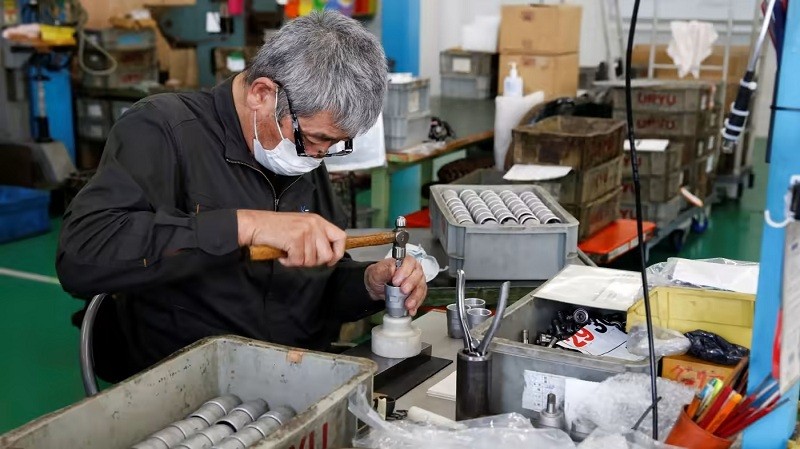 |
| With the number of workers under 60 years old on the decline, Japan is estimated to face a labor shortage of up to 11 million people by 2040. (Source: Reuters) |
Royal Holdings, another restaurant company, has increased the pay of its senior employees who return to work after retiring at age 60. They will receive 85% of their regular salary, up from 78% previously. The company will keep these employees until they turn 65.
Motivation for young workers
Some companies are considering removing mandatory age limits for leaving management positions. Sportswear company Asics previously banned employees from being promoted to management positions after they turned 59.
"We are considering amending (the regulation) or eliminating it," said an Asics representative.
Under a new law that will come into effect in 2021, companies must make efforts to provide employees with the opportunity to continue working until age 70. This has led to many businesses taking a series of actions to extend the retirement age or rehire older workers.
Meanwhile, many companies pay lower wages or limit positions for older workers, thereby reducing work motivation.
Globally, the United States has banned age discrimination in employment and has no mandatory retirement age except for certain occupations. According to a 2022 Gallup poll, workers there said their average retirement age was 66, up three years from two decades earlier.
In Japan, with its lifetime employment model, mandatory retirement regulations have been widely adopted to make room for new employees.
“It is inevitable to encourage the elderly to actively work, but it is also necessary to reform seniority-based personnel systems to create opportunities for middle-aged and young workers,” said Hisashi Yamada, an economist and professor at Hosei University in Tokyo.
Source




![[Photo] Ministry of Defense sees off relief forces to the airport to Myanmar for mission](https://vstatic.vietnam.vn/vietnam/resource/IMAGE/2025/3/30/245629fab9d644fd909ecd67f1749123)















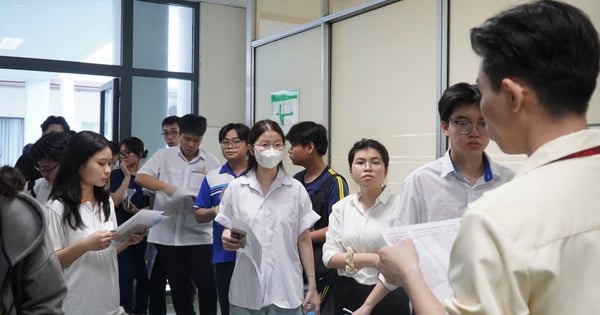













![[Photo] Prime Minister Pham Minh Chinh chairs meeting to remove difficulties for projects](https://vstatic.vietnam.vn/vietnam/resource/IMAGE/2025/3/30/7d354a396d4e4699adc2ccc0d44fbd4f)








































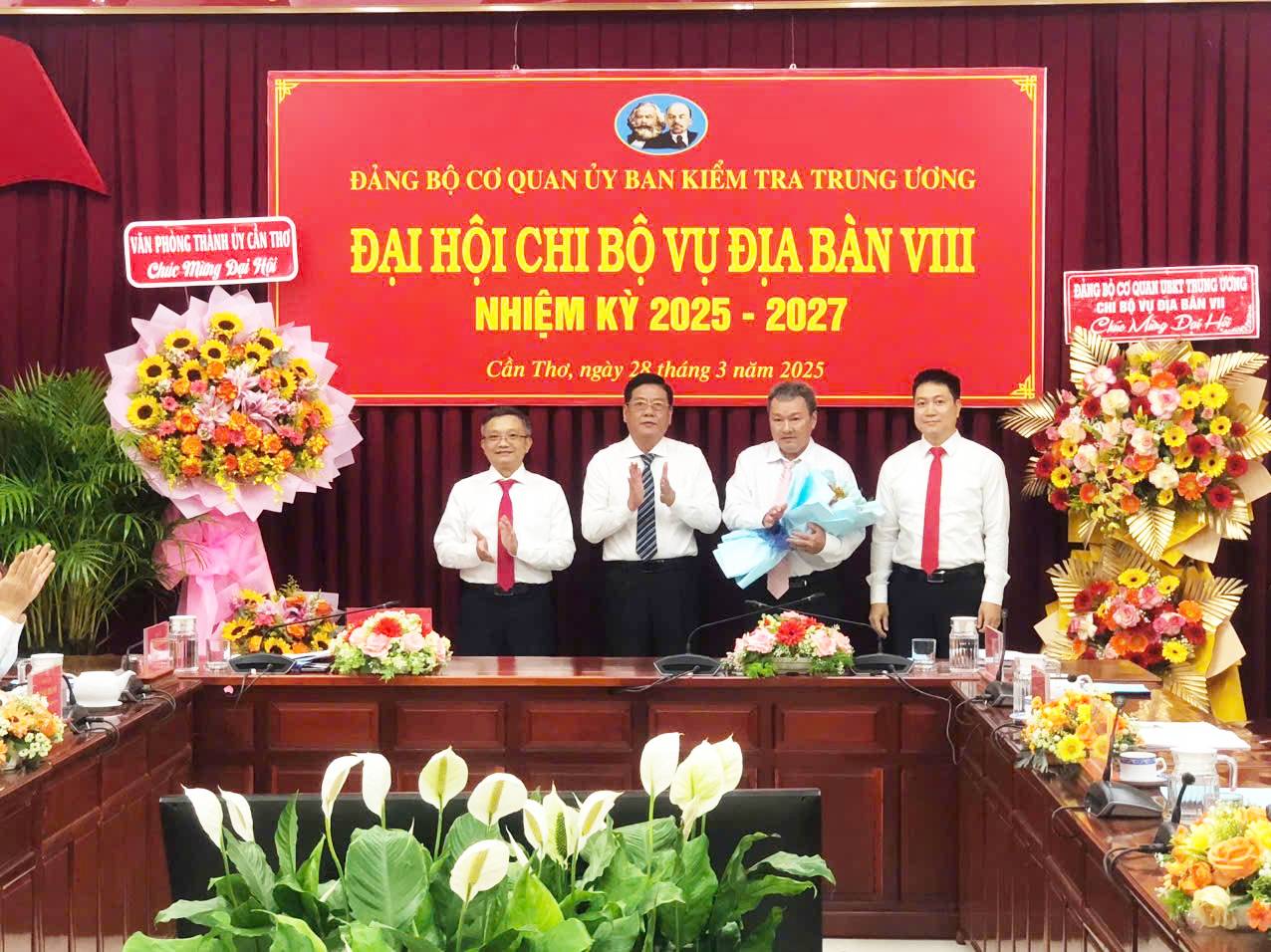

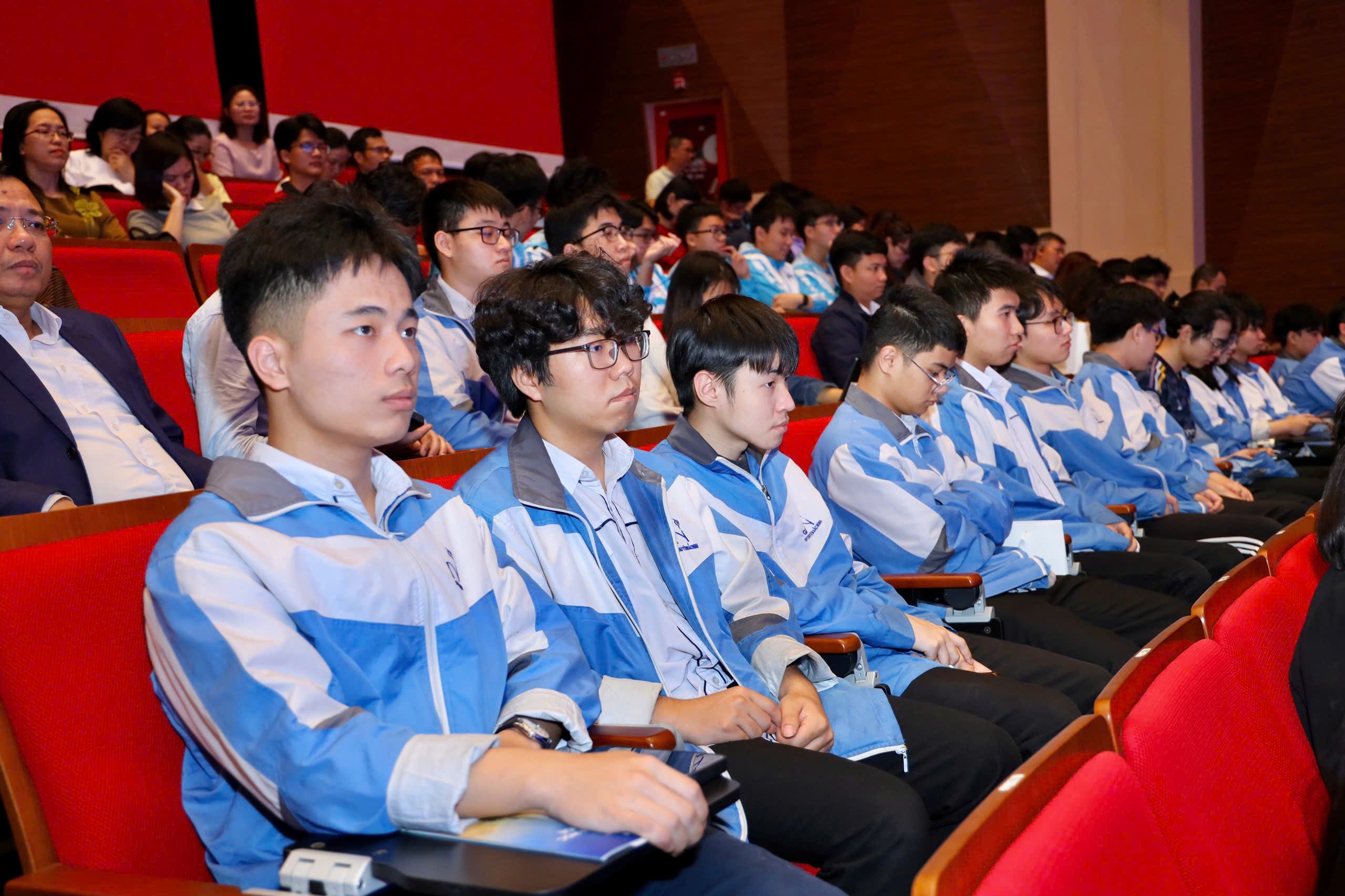





















![[REVIEW OCOP] An Lanh Huong Vet Yen Cat](https://vstatic.vietnam.vn/vietnam/resource/IMAGE/2025/3/27/c25032328e9a47be9991d5be7c0cad8c)


Comment (0)